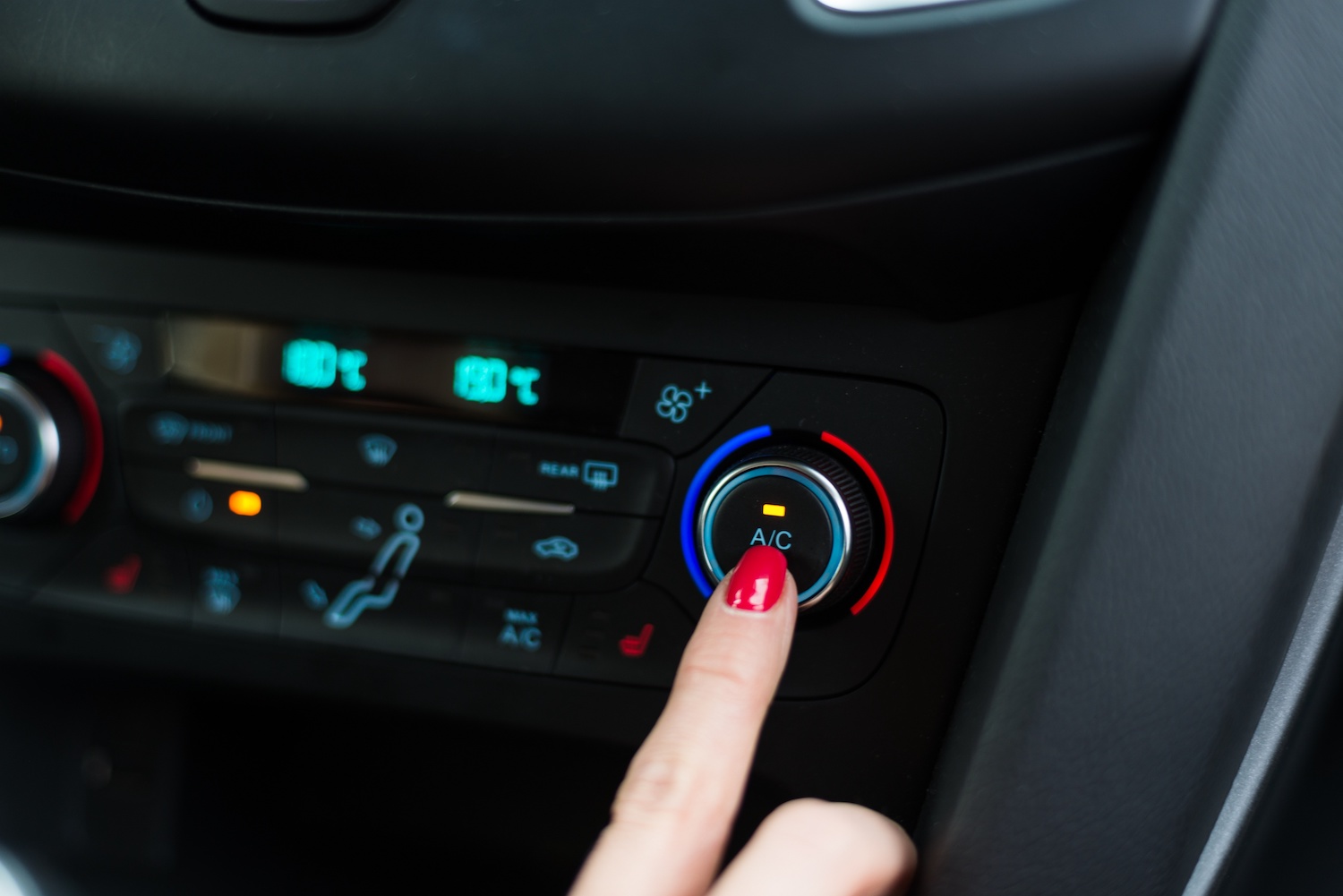Posted on 9/24/2020

The outside paint isn’t the only place that collects dirt during road trips and short city commutes. Dust and debris from the road also get pushed into the air and kicked into the engine. Pollutants aren’t just damaging to the engine; they become hazardous for those who breathe them in. All vehicles have various types of filters responsible for keeping the engine and car cabin pollutant free. Most drivers become so preoccupied with other vehicle maintenance tasks such as oil changes, tire rotations, and transmission flushes that they forget about their filters. Below is a list of the four primary filters and when you should have them replaced: Oil Filter Clean engine oil helps lubricate the engine and reduce friction. Over time engine oil becomes gritty and sludgy; impurities will build up. These impurities can damage the engine. The oil filter improves engine performance by filtering out the pollutants and ensuring only clean oil is flowing through the en ... read more
Posted on 8/31/2020

There are a lot of misconceptions that can be passed off as fact within the automotive world. While some common myths may not hold a lot of validity, we're here to help highlight the truthful aspects. Myth: American cars are made in the U.S. American vehicles are assembled in the United States, but it's common for foreign automakers to create some critical parts overseas. Myth: Premium fuel boosts performance. Premium gas may be more expensive, but using it doesn't guarantee it will boost performance. Premium gas is for vehicles that need to use a fuel that has a higher-octane level. The best fuel to use is always the type recommended in your vehicle's owner manual for top performance. Also, save yourself the extra few dollars if you can. Myth: Replace all your tires at the same time. If your vehicle isn't four-wheel drive, you can safely change just one tire at a time. Just make sure that the tire you're ... read more
Posted on 7/31/2020
Today our rear-view mirror not only serves us with rear-view parking and changing lanes, but it also helps keep you aware of the traffic around you. Even though the rear-view mirror offers a ton of benefits, the original creator had another reason behind its creation - the cops. Originally called, “The Cop-Spotter,” the commercialized rear-view mirror was created by Elmer Berger during the 1920 prohibition era. While Berger is not the first person to design the mirror, his version was the first widely-marketed and sold. While the rear-view mirror comes standard in all commercial vehicles, in the 1920’s it was merely an optional vehicle accessory—the rear-view mirror functions in keeping us safe in today’s lifetime of transportation. During the prohibition, bootlegging was at an all-time high, and law enforcement attempted to crack down on it. With bootlegging came a time of possible driver hyper-vigilance. Thus, the rear-view mirror served more as a ... read more
Posted on 6/30/2020
Whether your car window is stuck up or down, rain or shine a malfunctioning window is an inconvenience. You can say goodbye to fast food, drive-thru coffee, and drive-up banking. While surprising, a jammed window is a common occurrence. Below are two techniques that may save you a trip to the mechanic. These techniques are not one size fits all. If you aren’t noticing improvement, it’s always best to rely on the professionals to diagnose. Manual windows have been completely modernized and replaced by electric vehicles. However, there are still some drivers who have them. Manual windows are regulators that are connected to cranks. When you turn the knob on your door handle, your window goes up or down. Electric windows have regulators that are attached to motors. Your door handle switch or button controls whether the window goes up or down. Due to the popularity of electric windows, these techniques are geared towards them. If your windows motor is broken, but ... read more
Posted on 5/29/2020

Getting in your car to find that the air conditioning isn't working in the warm summer heat is never fun. While your a/c can stop working unexpectedly, you may notice certain signs that your a/c is slowly failing and needs to be inspected. It depends upon the issue with your a/c, and how severe the problem is. There are many different components within your vehicle's air conditioning system, and the cause of failure can vary. Here are some of the main causes of a failing car a/c system: Leaking refrigerant Failing compressor Cracked or rusted hoses Mold or mildew buildup on evaporator core Bad cooling fan Broken seal The best way to ensure that your vehicle’s air conditioning will work properly throughout the summer months is to have your a/c system inspected regularly here at Tri Star Automotive or to bring your car in at the first sign of an air conditioning issue. Having your air conditioner inspected regularly will allow us to catch any problem ... read more